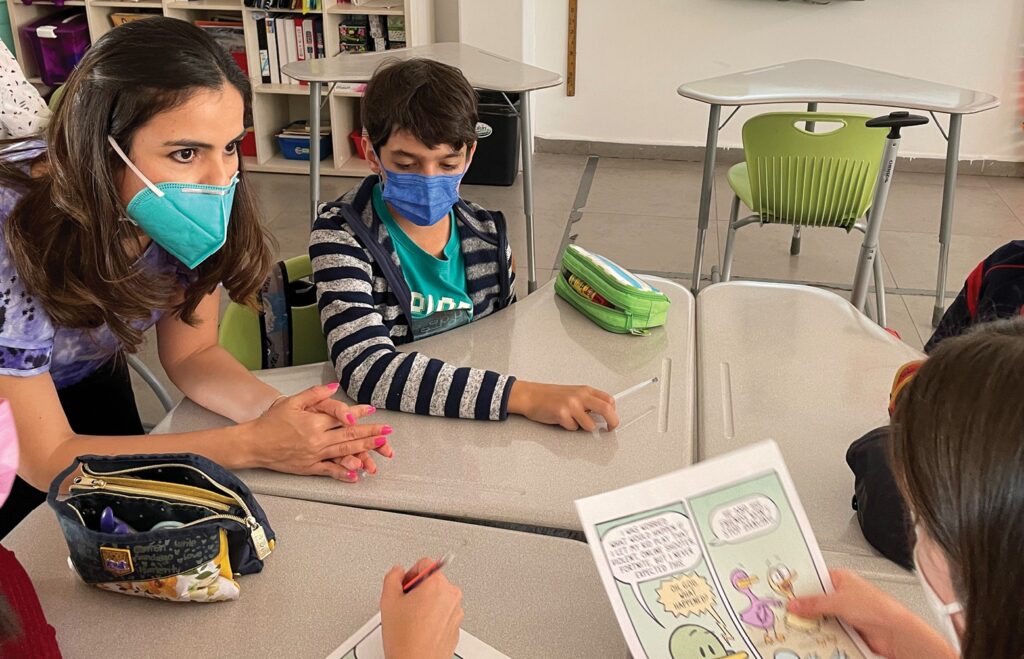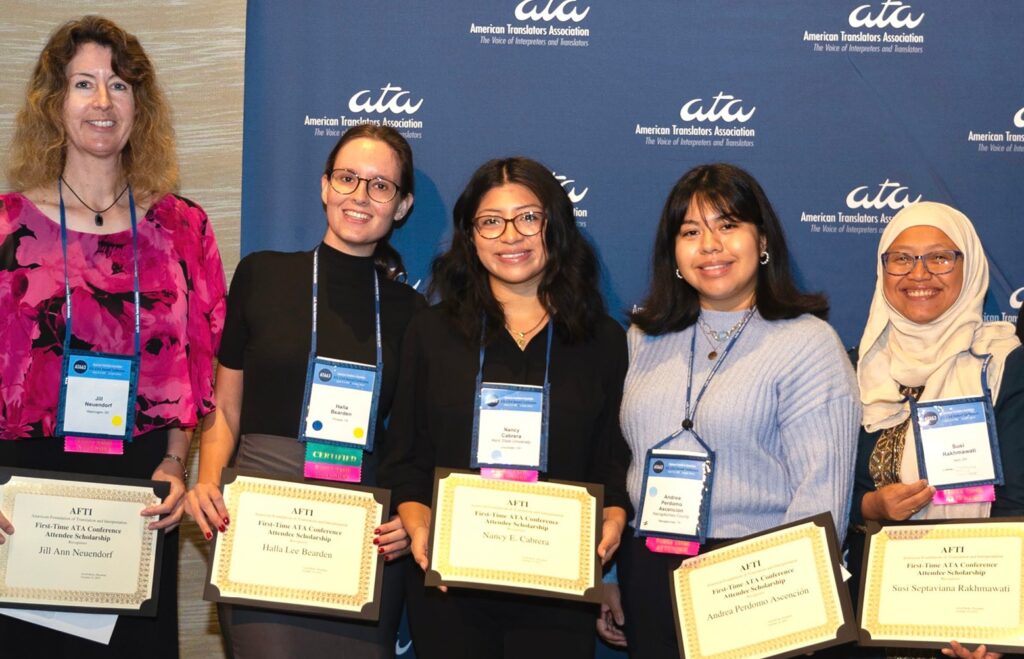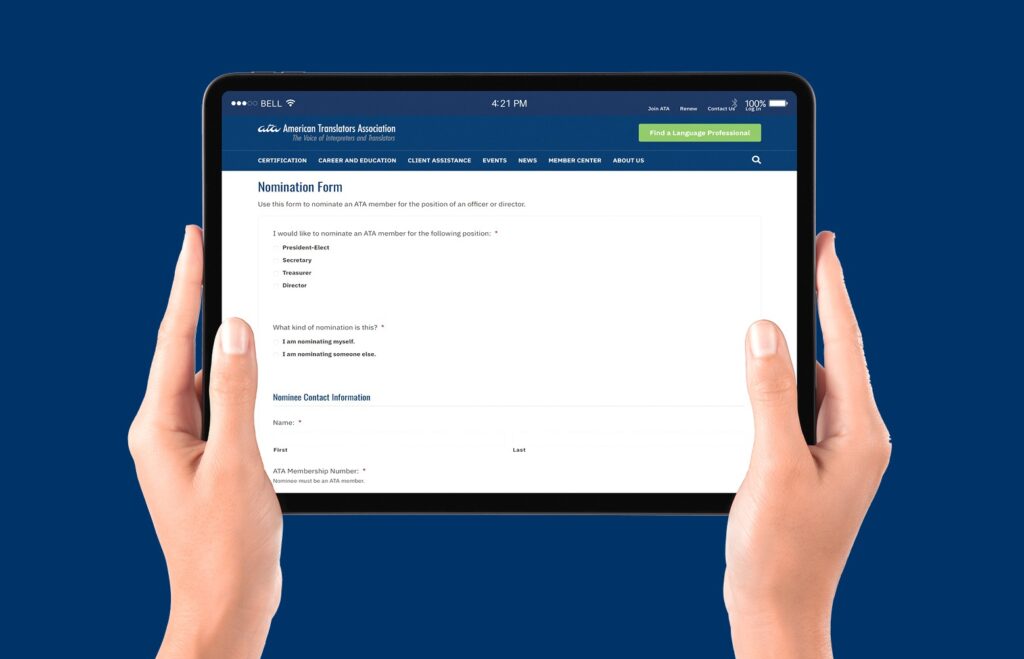Profile of ATA’s 2022 School Outreach Contest Winner: Aída Carrazco
When Aída Carrazco, the 2022 ATA School Outreach Contest winner, gave her presentation to her son’s fifth grade class in March 2022, kids were just going back to school after 16 months of studying from home. That meant she faced a unique challenge: students weren’t used to being in the classroom. Aída was determined to make sure she kept their attention by making her presentation extra fun!
Read MoreProtect Yourself: How to Prevent Lawyers from Blaming You for Depositions Gone Wrong
Here are five key tips that, when utilized correctly, will help protect your image as a professional interpreter in front of attorneys and clients.
Read MoreInterpreting for Infant and Pregnancy Loss
Routine obstetric visits are generally predictable and short. However, when pregnancy complications arise, medical interpreters need to be prepared to interpret accurately and completely for limited-English-proficient patients in this tragic situation.
Read More2022 Honors and Awards Recipients
ATA and the American Foundation for Translation and Interpretation present annual and biennial awards to encourage, reward, and publicize the outstanding work being done by both seasoned professionals and students of our craft.
Read MoreCall for Nominations: ATA Officers and Directors
Do you know someone who would make a good potential candidate for ATA’s Board of Directors? If so, ATA’s Nominating and Leadership Development Committee would like to hear from you. Any ATA member may make a nomination. Here’s your chance to help shape the future of the Association!
Read MoreInterpreting Is a Performance Art
Much like each character in a movie, every person we interpret for has a different voice. As interpreters, we have to honor their voice…
Read MoreWe Need to Talk about… Money!
Courses that tackle the topic of translator rates are materializing rapidly, but disclosing what we personally charge as translators is extremely important in terms…
Read MoreHow Case Studies Can Help You Market Your T&I Services
Confidentiality clauses and codes of ethics make it difficult to discuss the specifics of what we do, but case studies can be a great…
Read MoreATA Addresses Potential Misclassification of Workers under the Fair Labor Standards Act
New Proposed Rule Could Classify Independent Translators and Interpreters as Employees Under the Fair Labor Standards Act Language services companies (LSCs) and, more broadly,…
Read MoreATA Strategy Committee Update
As part of its advisory function, ATA’s Strategy Committee has analyzed and discussed several strategic visions for the Association, reviewing what we now offer…
Read MoreTeam Interpreting for Magistrate Courts in Texas
Learn how Texas magistrate judges, court staff, prison personnel, and interpreters are working remotely to ensure that non-English-speaking and limited-English-proficient detainees understand their rights when facing criminal charges.
Read MoreLanguage Industry Standardization in Argentina: A Brief Overview
In recent years, the term standardization has become increasingly relevant in the language industry, with a growing need for more information on the subject. Here’s an introduction to the main aspects related to standardization and the language industry in Argentina.
Read More










